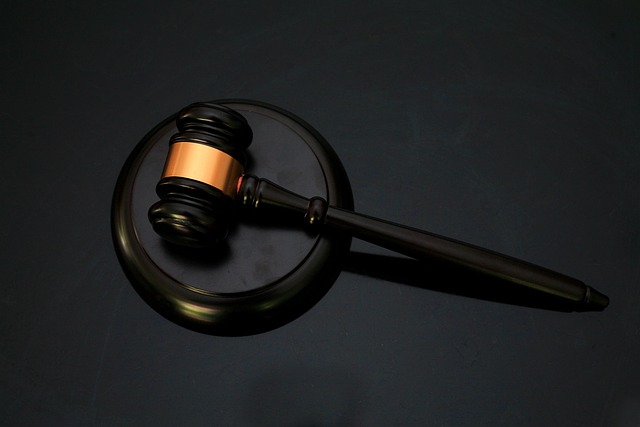Consumer protection lawsuits fight fraud and white-collar crimes by empowering individuals to take action using relevant laws. It involves identifying violations, gathering evidence, consulting legal experts, understanding court procedures, and strategically filing complaints with proper documentation to seek compensation and deter future misconduct. Learn the steps to effectively file a consumer protection lawsuit.
“Unraveling the complexities of criminal law enforcement, this article serves as your comprehensive guide to safeguarding consumer rights. We delve into critical aspects of consumer protection laws and provide a step-by-step approach on how to file a consumer protection lawsuit. From understanding legal procedures to navigating compensation claims, this resource equips you with essential knowledge. Learn the process of initiating a lawsuit, ensuring justice and redress for any unlawful practices. Get ready to assert your rights and familiarize yourself with the key steps involved.”
- Understanding Consumer Protection Laws
- Steps to Initiate a Lawsuit: A Guide
- Navigating Legal Procedures for Compensation
Understanding Consumer Protection Laws

Consumer protection laws are a crucial aspect of ensuring fair practices in various transactions and interactions between businesses and their customers. These laws safeguard individuals from deceptive, unfair, or fraudulent activities by companies, especially in cases involving white-collar offenses. Understanding one’s rights under these regulations is essential for holding businesses accountable for their actions.
If you believe you’ve been a victim of consumer fraud or illegal business practices, knowing how to file a lawsuit under consumer protection laws can be transformative. The process typically involves gathering evidence, such as documentation of the transaction and any losses incurred, and consulting with a legal professional who specializes in general criminal defense or white-collar defense strategies. By taking this step, consumers can not only seek compensation for their damages but also contribute to deterring similar misconduct in respective businesses.
Steps to Initiate a Lawsuit: A Guide

Initiating a lawsuit, especially under consumer protection laws, involves several strategic steps. The first step is to identify a potential violation. This could involve reviewing contracts, financial records, or other relevant documents for signs of fraudulent or deceptive practices. Once identified, gather evidence meticulously; this will be crucial throughout the legal process.
Next, consult with an attorney specializing in consumer protection law or general criminal defense, including white-collar defense strategies. They can guide you through all stages of the investigative and enforcement process, ensuring your rights are protected. The lawyer will assess the strength of your case, advise on potential outcomes, and help draft legal documents to formally initiate the lawsuit with the appropriate court.
Navigating Legal Procedures for Compensation

Navigating legal procedures for compensation can be a complex task, especially when it comes to consumer protection lawsuits. The first step involves thoroughly understanding the relevant laws and regulations that govern your specific case. Consumer protection acts provide a framework for addressing unfair, deceptive, or fraudulent practices in transactions between businesses and consumers. If you believe you have been wronged by a company or individual, it’s crucial to gather evidence and consult with an experienced attorney who specializes in consumer law.
To file a successful lawsuit, such as a consumer protection claim, you’ll need to follow strict procedures outlined by the court system. This typically includes serving legal notices, filing complaints, and gathering affidavits from witnesses or experts. For his clients seeking justice across the country, white-collar defense attorneys play a vital role in guiding them through these processes. By employing strategic legal arguments and leveraging evidence, they aim to secure favorable outcomes and ensure their clients receive the compensation they deserve for any suffered damages.
Understanding consumer protection laws is a crucial step in safeguarding your rights as a consumer. Knowing how to navigate legal procedures, including initiating a lawsuit through steps like identifying violations, gathering evidence, and consulting legal experts, empowers individuals to seek compensation for any harm caused by business practices that breach these protective measures. By following the comprehensive guide provided, folks can effectively delve into the process of filing a consumer protection lawsuit, ensuring their voices are heard and justice is served in today’s digital era.






